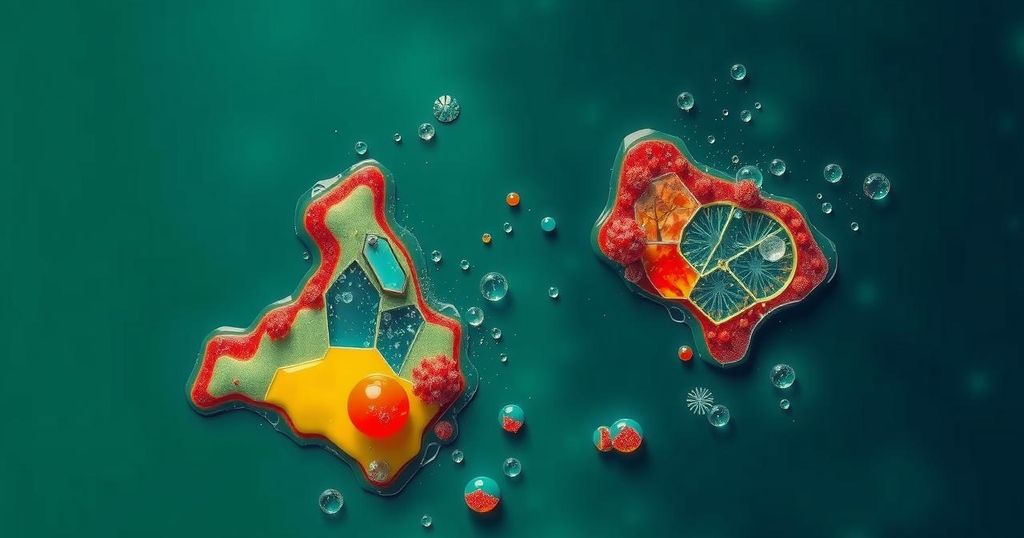Seychelles and Kenya Collaborate on Biological Risk Assessment Tool Development
Experts from Seychelles and Kenya are collaborating on Project 99 to develop a national biological risk assessment tool, aimed at identifying and managing biological threats over the next five years. A workshop is being conducted to train specialists from various sectors, focusing on biological risks, zoonotic diseases, and the interconnectedness of human, animal, and environmental health.
In a significant collaborative effort, experts from Seychelles and Kenya are developing a national biological risk assessment tool to predict and manage potential biological incidents over the next five years. Currently, a workshop is being held at the Savoy Resort and Spa in Beau Vallon, where 30 specialists from diverse fields related to health and agriculture are convening. This initiative is part of Project 99, which is supported by the European Union and focuses on enhancing preparedness for biological incidents within Eastern and Central Africa.
The workshop aims to facilitate detailed assessments of biological threats, including zoonotic diseases that may impact human health. Dr. Jimmy Melanie, a representative from Seychelles, emphasized the importance of mapping risks associated with ongoing developments, stating that these risks could encompass various biological, chemical, or radiological threats. Additionally, the training will help in identifying contaminants from plants and pathogens that could adversely affect public health.
The process initiated at this workshop follows a previous training conducted in Nairobi, Kenya, where participants were introduced to the biological risk assessment tool. As the project progresses until 2026, experts aim to compile and categorize potential biological risks facing the member nations, including Seychelles and Kenya. This effort includes anticipating worst-case scenarios and impacts, particularly the likelihood of a pandemic within the coming five years.
Project 99, led by Scott Spence, seeks to prepare stakeholders by equipping them with vital information regarding biological threats. During the workshop, participants will adopt a ‘one health perspective’, recognizing the interrelation between human, animal, and environmental health. The framework established through this initiative is expected to enhance both national and regional capabilities in responding to biological threats effectively.
Project 99 is a collaborative initiative involving 11 member countries, including Seychelles, Kenya, and Burundi, aimed at strengthening national capacities to manage biological threats and incidents effectively. The project focuses on enhancing the preparedness and response capabilities of these countries to biological risks, specifically under the auspices of the European Union’s training programs for examining CBRN (chemical, biological, radiological, and nuclear) threats. Through expert workshops and a national assessment tool, the project seeks to provide a comprehensive framework for recognizing and responding to potential biological incidents that may arise in the region.
The development of a biological risk assessment tool through Project 99 is a vital initiative for Seychelles and Kenya as they work collaboratively to identify and mitigate biological threats. By engaging a diverse group of experts and employing a one health approach, the project aims to enhance national preparedness and ensure that authorities are well-equipped to handle potential biological incidents. This effort represents a proactive strategy in safeguarding public health in the face of evolving biological risks, marking a crucial step towards a more resilient future.
Original Source: www.seychellesnewsagency.com




Post Comment